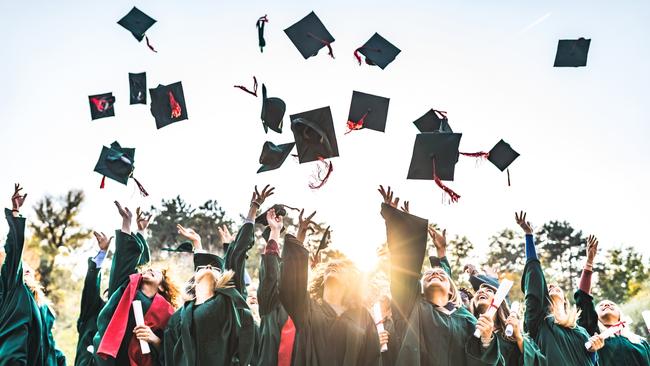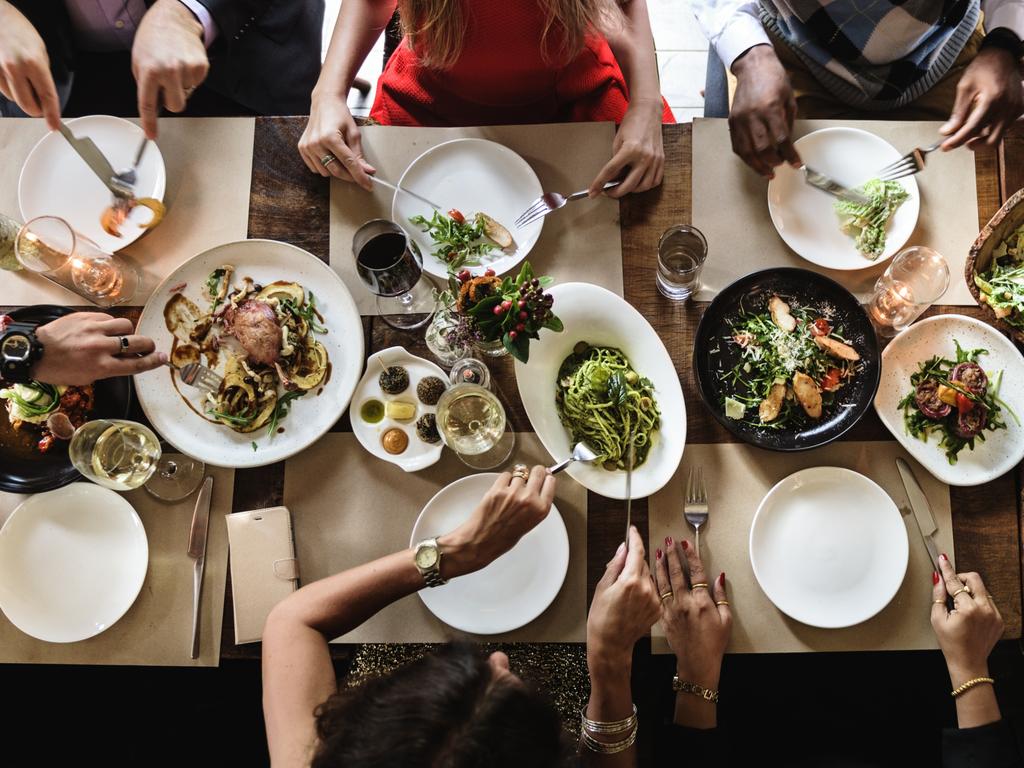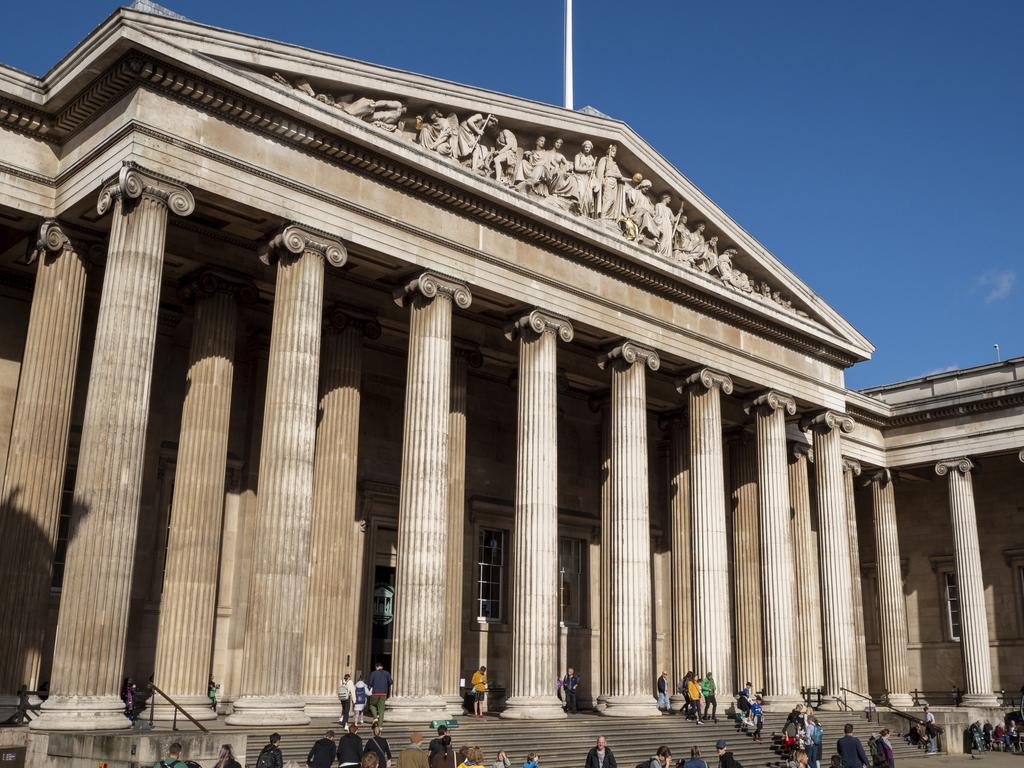Take pride in the academic depth of Australia
It was humbleness that was so very Australian. At this university graduation one term was mentioned repeatedly: “First in family”. And that’s when I teared up.

Two graduation ceremonies. Canberra, Melbourne. Two sons, cusped. The first graduations I’d been to in years, decades, since my own long ago. And as I listened to the speeches I thought, goodness, I’m enjoying these as much as funerals of people not particularly close – which is to say, a lot. The wisdom gleaned from humanity richly lived, the celebration of lives unknown.
I was caught by deepening emotion at the ritual of the robes and the hats that had a touch of religiosity to it; in the Middle Ages these ceremonies of procession and mace had a sacred component. This reverence for learning was moving, intensely, especially after years of debasement in this land; the devaluing of the humanities and sciences, the demoralisation through swingeing funding cuts. These joyous celebrations of questing curiosity reminded me of the exhilaration I had once about learning in a formal environment – the joy of having your mind blown by new worlds, new concepts.
At ANU there was the litany of extraordinary PhD topics displayed on a big screen, a feast of titles. Groundbreaking research by Dr Kirill Koshelev was noted on the properties of light, an innovation that can be applied to many fields and will one day change the world. It made me proud of the academic depth in this nation, of the intellectual muscularity in this packed hall.
And yet, and yet, there was a tone of humbleness in the ceremony that was striking too, and it felt so very Australian. One term was repeatedly mentioned: “First in family.” Meaning, graduates who are the first in their family to go on to tertiary education. These people were welcomed warmly by keynote speaker Dr Paul Wood, a world leader in vaccine technology, and by Chancellor Julie Bishop.
I was a first in family. One older brother left school at 16 for an apprenticeship at the Port Kembla steelworks, the other for a coalmine. What was expected of their sister? My father never said, but I remember his brimmed pride at my graduation, this ceremony of wonder he’d never before experienced. He quoted lines from the keynote speaker for decades afterwards, was thirsty for this world. And last month, at ANU, these types of families were repeatedly mentioned. And that’s when I teared up. At the power of learning to veer lives, destinies, the deep ruts of worn familial paths.
Dr Anthea Skinner is an ethnomusicologist living with a disability, creating a bold new program of music for disabled kids. She told the Melbourne University ceremony: “In all fields, but especially the arts, being different is the best skill we have … no one who was like everybody else changed the world.” These two graduations celebrated difference, innovation, brilliance and risk. They championed striving and standing out in a land where fear and sneer seem to rule so much of the discourse now.
It was incredibly moving to see all these bright young things holding certificates and throwing their mortar boards in the air. So many of them, so joyous, in this stop-gap before adulthood with all its seriousness and sorrows; so many of them in this liminal state between being held, directed and bound by certainty – and what lies on the other side; all the freedoms and terrors of the unknown.
These ceremonies were an ending but a door opening, too, into proper adulthood. It felt like a tension between being held in the bow of life, and released, and who knows where the arrow will land, who knows. Do we wish it a bullseye – or a veering into something more risky? It felt like this was the end of childhood for my boys, in a way I hadn’t experienced when they finished school. Off they go, arcing like an arrowhead into their future, whatever it may be. And all I can do now is step back and watch; heart in mouth, and letting go.






